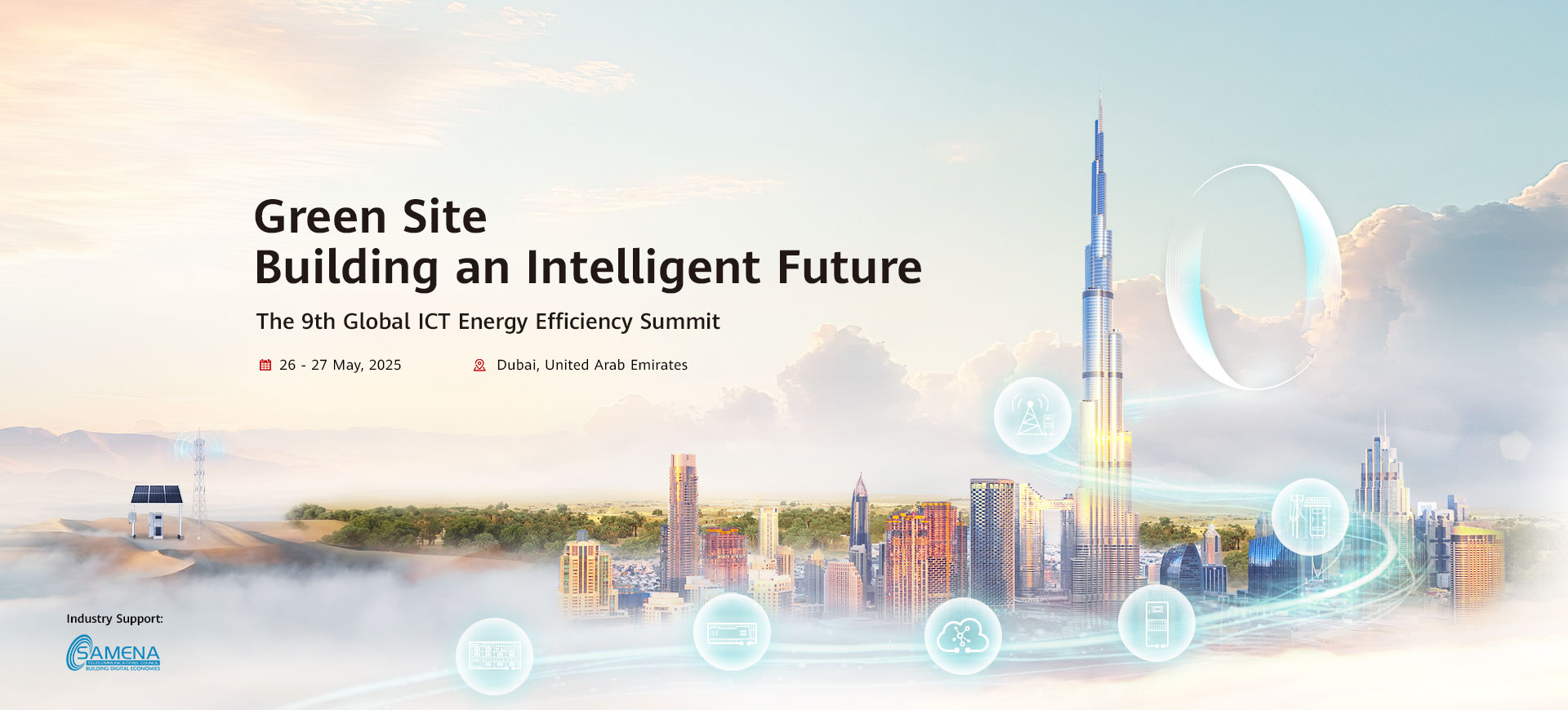Roundtable: TBD with TDRA, MBRSC, Regulators, SAT Operators
Roundtable Description:
The
roundtable on Space Development, Space Diplomacy, WRC-27, Mobile Satellite
Services (MSS), and Non-Terrestrial Networks (NTN) will bring together key
stakeholders, including governments, regulators, satellite operators, and
industry leaders, to align priorities ahead of the World Radiocommunication
Conference 2027 (WRC-27) and related global Space policy decisions. The aim
is to foster early, collaborative dialogue to ensure that the interests of
developing countries are represented, while reducing the risk of
fragmentation in international space policy. The Roundtable is structured in
two segments: 1. Space Segment, 2. WRC-27 Segment.
As
space-based connectivity and NTNs become foundational components of the
future digital infrastructure, this Roundtable addresses the urgent need for
policy coherence, spectrum harmonization, and international cooperation. The
discussion will cover key issues such as orbital coordination,
sustainability of space, spectrum harmonization, regulatory flexibility,
regional coordination mechanisms, global space situational awareness (SSA)
data coordination, and capacity building for long term space policy
development. By convening this roundtable during the Leaders’ Summit 2025,
SAMENA Council aims to continue earlier dialogue and facilitate early
alignment, advance the technical and policy agenda for WRC-27 while also
addressing space sustainability concerns.
The discussion of the roundtable will focus on:
Space Segment
1. How can the region build
institutional capacity and technical expertise to support inclusive space
policy development, inclusive of space-sustainability imperatives, and
long-term regional engagement in global space initiatives, such as
international SSA coordination efforts?
2. What priorities should be addressed
to bring Space stakeholders, inclusive of SAT service providers, to bering
together in the near term?
3. How can WSSA foster and lead in
coordinating space development efforts – especially through the WSSA Space
Development Charter?
WRC-27 Segment
1. What are the critical spectrum
harmonization priorities that must be addressed at WRC-27 to support MSS,
5G-Advanced, and emerging 6G networks?
2. How can the WRC-27 agenda be shaped
to align with both commercial innovation and the public interest in global
digital infrastructure?
3. How can regional stakeholders
collaborate more effectively on orbital coordination and spectrum
harmonization, for example, to support MSS and Non-Terrestrial Networks
(NTN)?
4. What role should regional
coordination mechanisms play in shaping a unified position ahead of WRC-27,
and what would be the implications of such early alignment among the
private-sector members and the Member States?









-Logo.png)





















































































































































































































































































































































